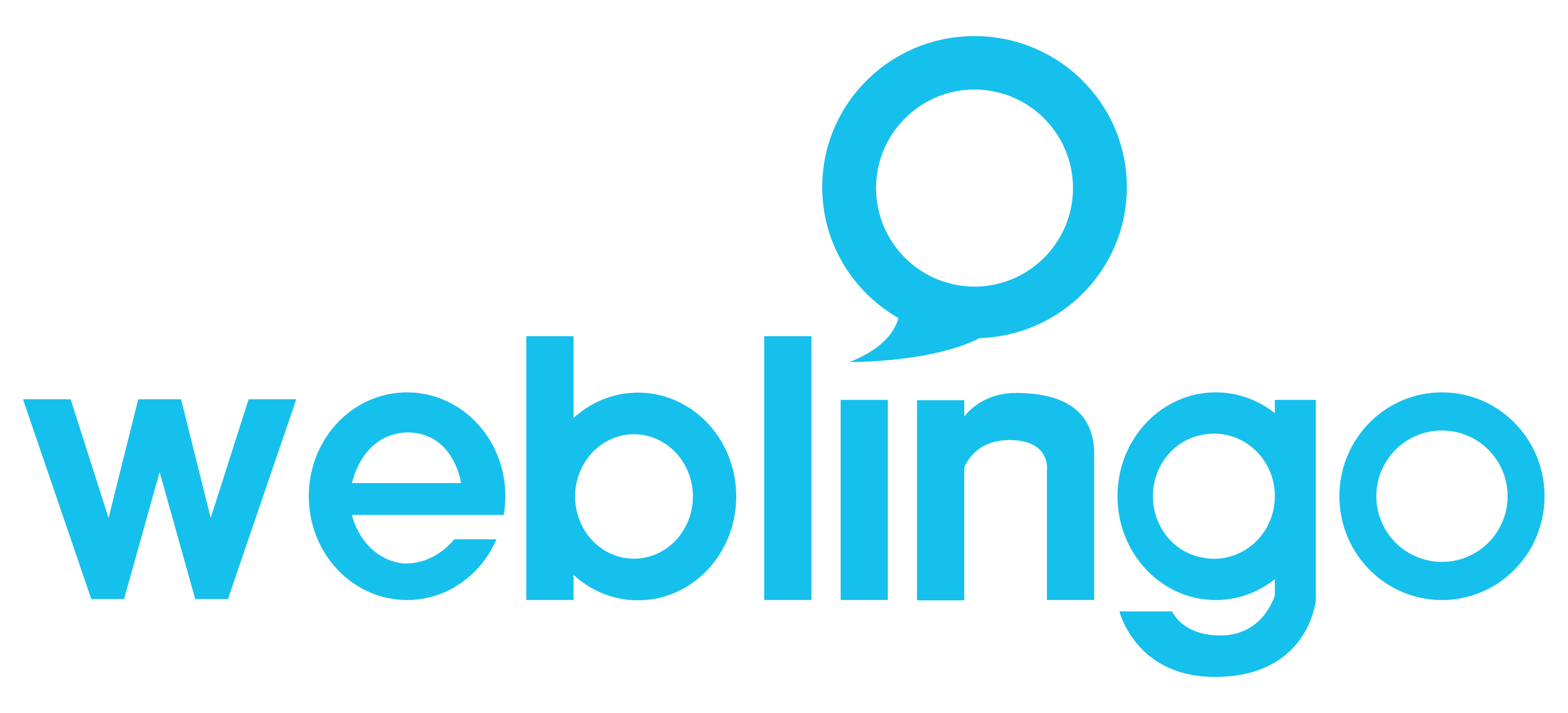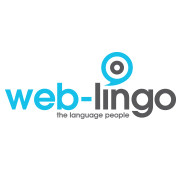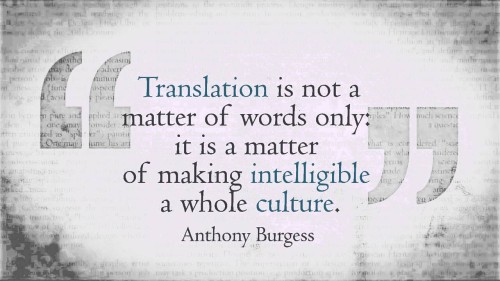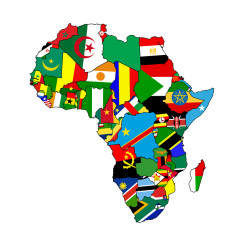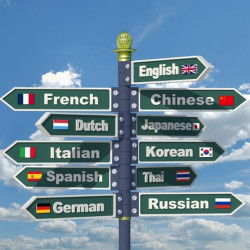7 Tips for tackling translation for the first time
Translations can be daunting. Trusting your brand’s content into the hands of a relative stranger can seem a little risky. So, we thought it a good idea to offer a guide when starting out. Here are some things to consider and look for when translating for the first time. Your required language It’s really[…]
